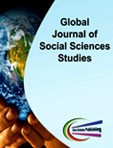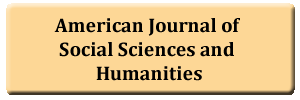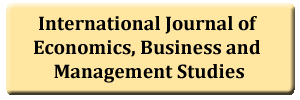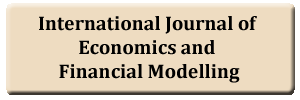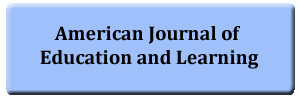Strategies for curbing examination malpractices: Perspectives of teachers and students
DOI:
https://doi.org/10.55284/gjss.v9i1.842Keywords:
Examination, Examination misconduct, Pre-examination strategies, During examination strategies, Post examination strategies, Implementation strategies, West African examination council.Abstract
The purpose of the study was to examine the perception of teachers and students towards the efficiency of the techniques implemented to reduce examination malpractices in the Sekondi-Takoradi Metropolis. The design for the study was a descriptive survey. The study was guided by six research questions. The study employs the use of multi-stage sampling technique. The sample of the study comprised 280 invigilation teachers and 370 students from 10 public senior high schools in Sekondi-Takoradi. A 4-point rating scale questionnaire named “Stakeholders Perceptions of the Effectiveness of the Strategies for Curbing Examination Malpractice Questionnaire (SPESCEMQ)”, was adopted. Means, standard deviation was used for analysing data. The results of the study revealed that the strategies adopted for curbing pre-examination were effective, but post-examination malpractices were slightly effective in the Sekondi-Takoradi metropolis. Students and teachers also agreed that banning schools involved in examination malpractices from writing external examinations and imprisonment of supervisors for aiding and abetting examination malpractice are not effective. In conclusion, it appears that both teachers and students have adopted new strategies in making post-examination to be ineffective. Per the conclusions of the investigation, West African Examination Council (WAEC) is encouraged to intensify the use of electronic means in checking students since students also adopt new methods of cheating before, during and after examination.

